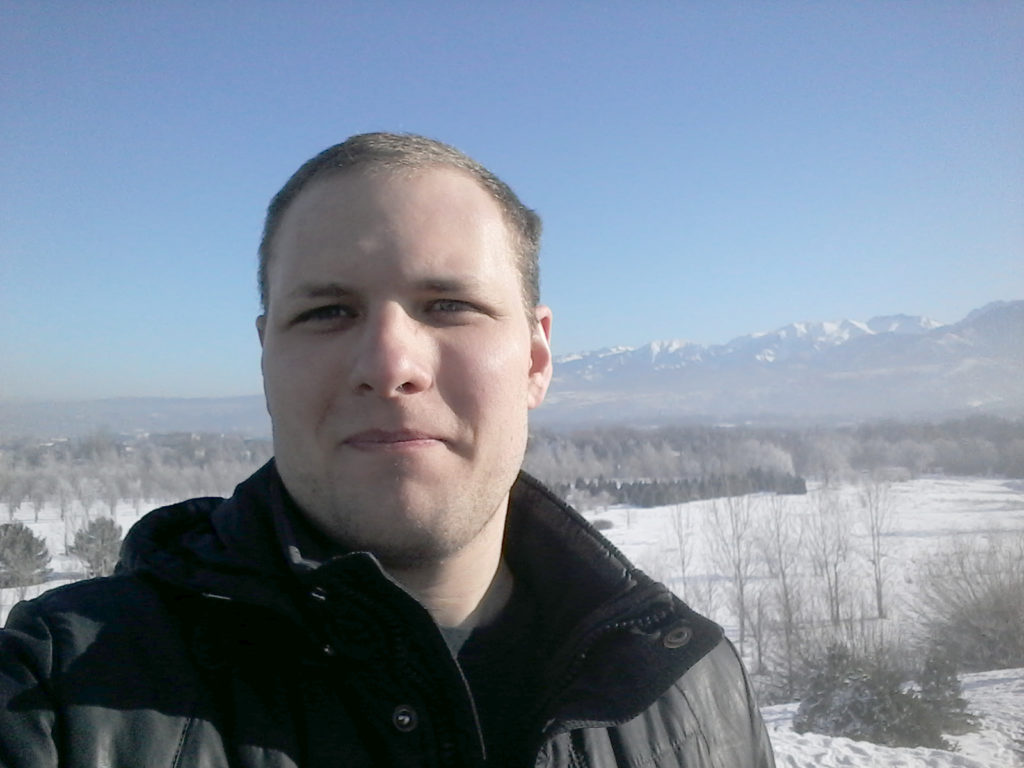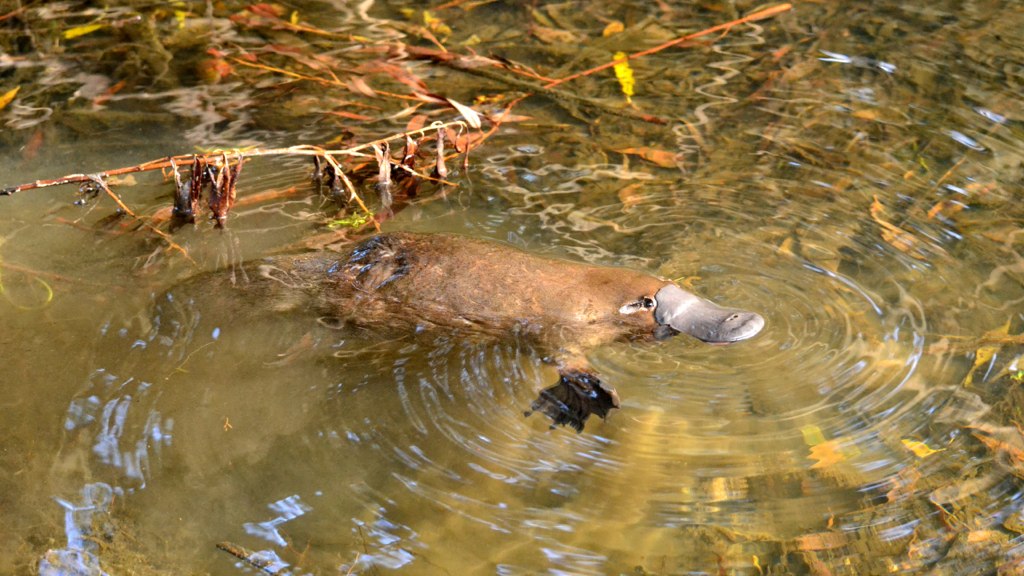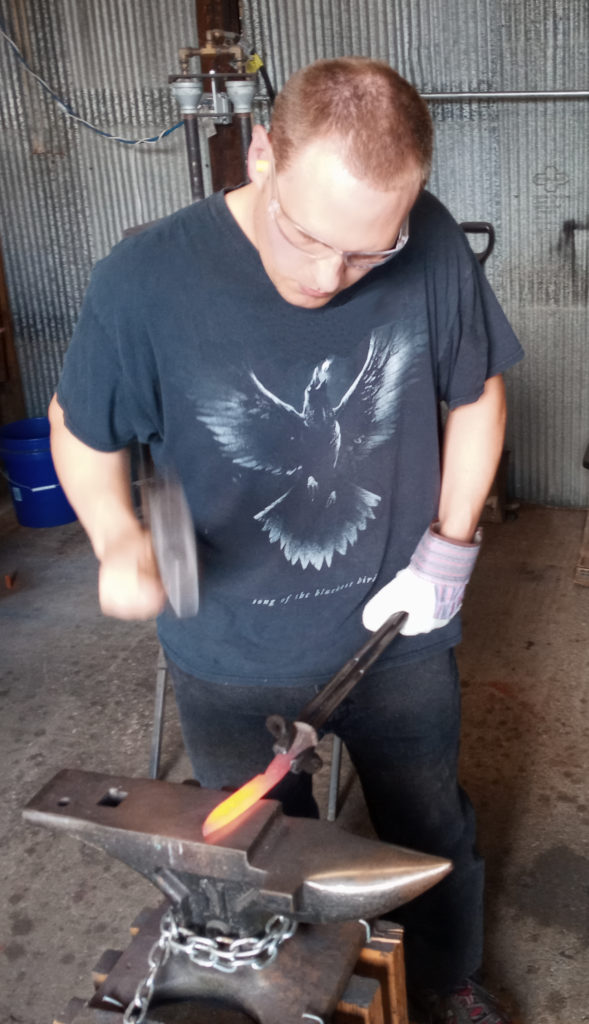John C. Stanko, Ph.D
Emerging Scholar of International Relations in Eurasia
I hold a doctorate in political science from Indiana University, with expertise in international relations (IR) and foreign policy analysis (FPA). I have long been drawn to learning about empires and how such polities engage(d) in diplomacy with one another; trying to understand how governments utilize non-military capabilities to achieve foreign policy goals fascinates me. Having also developed an interest in educational systems from my time as a home schooled student, I have spent time teaching both in the United States and in Russia. Not surprisingly, as a result, my primary research themes now revolve around non-coercive inter-state influence, with a special focus on the intersection of higher education and IR. Given this interest, foreign policy analysis plays an important part in my research.
Geographically, I focus most of my attention on central Eurasia, with my strongest interests being Russia, Kazakhstan, and China. As such, I have completed at least a second-year course in Russian, Chinese, and Kazakh in order to conduct work with local-language primary source materials. My dissertation investigated the ways in which decision-makers in structurally disadvantaged (primarily authoritarian) states respond to domestic and international constraints in order to achieve foreign policy goals.
My research has been published in Foreign Policy Analysis, Political Communication, and Global Studies Quarterly. Some of my ongoing research projects include an analysis of national hockey team roster construction from the perspective of international relations theorizing, an updated approach to theorizing patterns in the Kazakhstani-Russian bilateral relationship, and a collaborative paper with a Kazakhstani scholar on links between foreign policy doctrine and higher education internationalization policy in Kazakhstan and Uzbekistan.


Approach To Research
From an ontological standpoint, I consider myself analytically eclectic. I find useful insights in each of the three major research traditions in International Relations, and I see no reason to place bounds upon my potential avenues of inquiry by limiting myself to a single approach. Like the platypus pictured here, the most impressive entities, whether in the natural world or the social scientific community, are those which synthesize traits/insights from seemingly incompatible sources into a coherent whole.
While recognizing that every researcher has biases that thon* must confront, I am of the opinion that we can find ways to overcome our innate predilections in order to understand the social world. Epistemology-wise, at the most fundamental level I consider there to be an objective reality we are observing and analyzing. I fall somewhere between positivism and scientific realism, though; I am interested in making predictions when possible about the aforementioned reality “out there,” but my foremost aim is to advance an understanding of political dynamics.
Methodologically, I most often pursue a mixed-methods approach. My methodological toolkit includes training in network analysis, geographic information systems, content analysis, game theoretical models, and regression analysis using R and Stata.
Non-Academic Interests
When not exploring the fascinating subject of how polities interact with one another, I keep myself occupied dabbling in almost every hobby under the sun. Anything creative appeals to me, whether that’s forging a knife (pictured at right), painting landscapes, or programming in JavaScript. Letting my mind roam free also gives me space to reset so I can let project ideas gestate.
I also enjoy traveling, when conditions permit. I was living and working in Moscow when the COVID-19 pandemic hit, and I would love to have the opportunity to live abroad again in the future. For shorter-term travel, I would like to continue my tour of Central Asia, with Samarkand and Bukhara next on the list of places to see. I was in the process of planning a trip to Harbin, China in 2020 before the pandemic derailed that idea, but I would like to make it there sometime to see the Harbin Ice Festival. Returning to Lake Baikal and/or visiting its so-called sister lake, Lake Tanganyika in Zambia, are also on my to-do list. Domestically, I’m hoping to tour the Pacific Northwest in the near future.
